Director (Nobel Prize 1987)
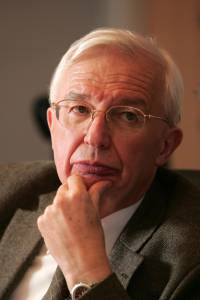 | Prof. Jean-Marie LEHN Professor, University of Strasbourg Institute of Advanced Study (USIAS), Chair of Chemistry of Complex Systems 8 allée Gaspard Monge BP 70028 F-67083 Strasbourg Cedex Assistant: +33 (0)3 68 85 51 44 Phone: +33 (0)3 68 85 51 45 Email: lehn@unistra.fr Lehn Institute of Functional Materials |
Group members
| Last Name | First Name | Phone | Research Group | Photo | |
|---|---|---|---|---|---|
| AGUILERA ROLDAN | Maria Jesus | 0388414174 | aguileraroldan AT unistra.fr | Chimie supramoléculaire |
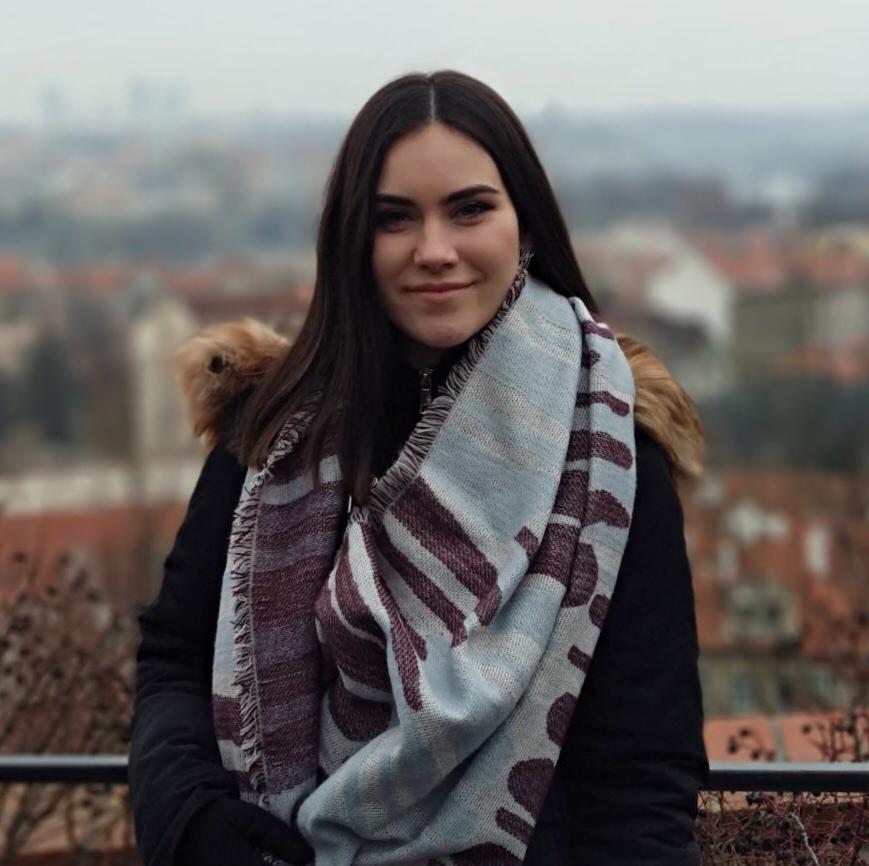 |
| ANTHEAUME | Cyril | 55135 | antheaume AT unistra.fr | Chimie supramoléculaire |
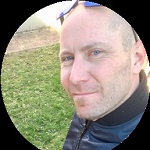 |
| BERTRAND | Annia | 55 158 | annia.bertrand AT unistra.fr | Chimie Supramoléculaire |
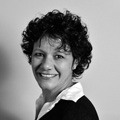 |
| CLAUDON | Jacline | 55144 | j.claudon AT unistra.fr | Chimie Supramoléculaire |
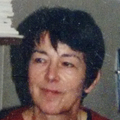 |
| ESTEVE FRANCH | Ferran | 55132 | estevefranch AT unistra.fr | Chimie supramoléculaire |
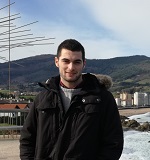 |
| HARROWFIELD | Jack | 55165 | harrowfield AT unistra.fr | Chimie Supramoléculaire |
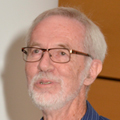 |
| JUNG | Sebastian | sebastian.jung AT unistra.fr | Chimie supramoléculaire |
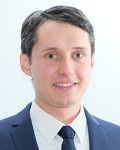 |
|
| KAZONE | Wahnyalo | wkazone AT unistra.fr | Chimie Supramoléculaire |
 |
|
| KOZIBRODA | Bohdan | 55131 | bohdan.kozibroda AT etu.unistra.fr | Chimie Supramoléculaire |
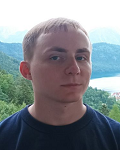 |
| LEHCHILLI | Adam | adam.lehchilli AT etu.unistra.fr | Chimie supramoléculaire |
 |
|
| LEHN | Jean-Marie | 55145 | lehn AT unistra.fr | Chimie Supramoléculaire |
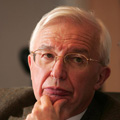 |
| RIEU | Tanguy | tanguy.rieu AT etu.unistra.fr | Chimie supramoléculaire |
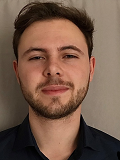 |
|
| SCHIEL | Philippe | 0388414174 | philippe.schiel AT etu.unistra.fr | Chimie supramoléculaire |
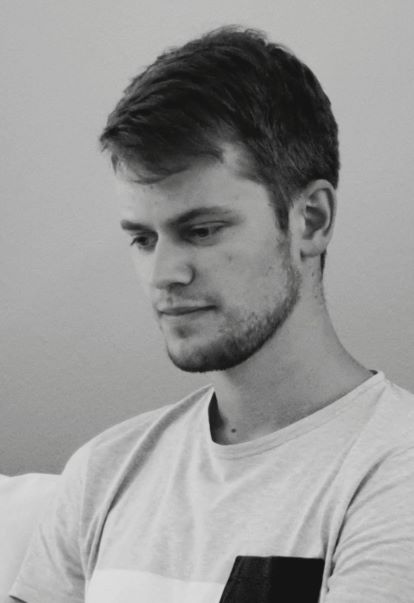 |
| SCHMITT | Jean Louis | 55142 | jlschmitt AT unistra.fr | Chimie Supramoléculaire |
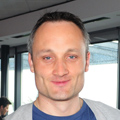 |
| STADLER | Mihail | 55130 | mstadler AT unistra.fr | Chimie Supramoléculaire |
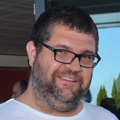 |
Research topics
-
Photoactive and electroactive cryptates; energy and electron transfer processes.
-
Molecular Recognition, Molecular Receptors and Coreceptors: Design, synthesis and properties of macropolycyclic complexing agents binding selectively one or several molecular substrates: metalloreceptors; photoactive receptors; cyclointercalands.
-
Anion Coordination Chemistry: Anion cryptates; receptors and coreceptors for anionic substrates; selective complexation of organic, inorganic and biological anions.
-
Supramolecular Catalysis: Design and properties of molecular catalysts performing a reaction on bound substrate species; enzyme models; cocatalysis.
-
Transport Processes: Design of selective carriers; transport of anions, cations and molecules; thermodynamic and kinetic properties; transport regulation; coupling to chemical potentials (protons, electrons) and to light.
-
Selfassembly and Selforganisation: Design of systems generating given supramolecular architectures by molecular recognition directed spontaneous assembly of the components; programmed chemical systems; hydrogen bonding and coordination interactions; selforganisation of organic and inorganic entities; polymolecular assemblies.
-
Supramolecular Materials: Recognition materials, supramolecular polymers, liquid crystals, vesicles, inorganic materials.
-
Chemionics: Molecular Photonic, Electronic and Ionic Devices: Photoactive and electroactive cryptates; energy and electron transfer processes; light conversion; photo-antenna; ion transfer; molecular and ionic switching and amplifying processes; molecular protonics.
-
Semiochemistry: Generation and processing of optical, electronic and ionic chemical signals; ion detection; ion pulses; non-linear optical properties.
-
Photochemistry and Energy Storage: photoinduced charge separation systems; photochromes.
-
Structural and Dynamic Studies by Multinuclear NMR on supramolecular complexes.
-
Bioorganic Chemistry and Biological Applications: Models of biological receptors, of enzymes and of biological transport processes; immunological labelling agents, selective nucleic acid reagents, helical and metallo-nucleic complexes; artificial gene transfer vectors.
-
Constitutional Dynamic Chemistry, Molecular and Supramolecular. Dynamic Combinatorial Chemistry: Design of virtual combinatorial libraries; application to biological targets and to materials.
